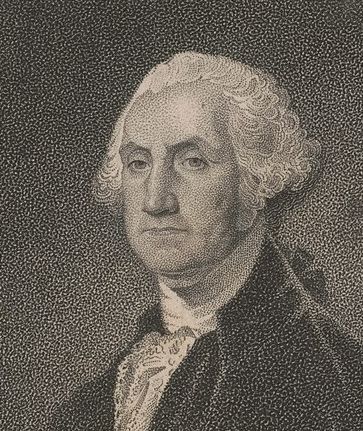
How Civics Education Can Help Solve the Military Recruitment Crisis
By: Hans Zeiger and Carrie Filipetti. January 16, 2024.
For the second year in a row, every branch of the U.S. military, except the Marine and Space Corps, missed its recruiting target.
To put this crisis into context, the U.S. Army, Navy, and Air Force ended 2023 with a recruitment shortfall of 41,000. There has not been a more difficult recruitment environment since the end of the draft in 1973.
At the same time our volunteer force faces a reluctance of people to enlist, the U.S. faces its most perilous moment since the end of the Cold War because of the tripartite threat of China, Russia, and Iran.
Given the obvious challenges confronting our country, policymakers must urgently ask themselves, “Why are so many young Americans refusing to serve at the time when our country needs them most?”
To be fair, much of the recruitment crisis is driven by U.S. military eligibility problems. The military’s stringent physical fitness requirements are often incompatible with historically low levels of physical and mental health. Currently, only 23% of young Americans are even eligible to serve.
But there’s more to the story of our military recruiting failure, and that is that we face a national civics education crisis. Too few people know what our country stands for, what their place in our nation is, and why they should rise to its defense. Polls find that only 55% say they would stay and fight if our nation faced an existential attack.
To keep America free, we must first teach people their freedoms — and how they got them. This is important not just for military readiness, dire though that is, but for democracy itself.
Without an understanding of the goals of the American political project, people are vulnerable to seduction by anti-democratic ideologies and hyperpartisanship, deepening our distrust of one another and of our governing institutions.
Our schools are the first battleground. If people are not taught why their country is worth defending, they are less inclined to serve in the military or to contribute their skills to its success. As George Washington said in his very first State of the Union address, “The security of a free constitution” depends on a disposition among all Americans to think deeply about the important questions of liberty, public order, and human rights.
Civic preparation is firmly within the national interest. Each of us bears a share of responsibility for governing the country and contributing to its welfare.
For this experiment in self-government to succeed, we must be equipped with a basic understanding of America, including its central ideas of freedom, equality, and human dignity, if we are to risk our lives for them in times of need.
This notion of a national identity based on founding principles stands in contrast to the identity-based ideologies that dominate much of our education system. Instead of teaching about the American dream and the progress previously disenfranchised communities have experienced because of it, ideologues would rather simplistically bifurcate the world between victim and oppressor. As a result, people are learning not to view themselves as collective members of a nation but rather as individuals split among various identity groups. Nearly 90% of both Democrats and Republicans, for example, now believe that the other party is intentionally trying to destroy America. This was not the view taken by America’s founders, who in fact warned against hyperpartisanship and who constructed a system rooted in compromise and working across the aisle.

Innovation and economic power constitute a second battleground. We can see the early warning signs of a highly innovative, scientifically minded society losing its sense of shared purpose as young people are encouraged to study STEM fields, yet fewer and fewer are asked to contemplate the implications of AI, quantum computing, and other burgeoning fields on our humanity and governance.
We need innovation. But innovation unmoored from civic purpose and mission is the theme of many an apocalyptic film. The two-pronged role of education is to develop skills for the workplace and develop a cohesive and civil citizenry united by American principles. As U.S. Marine 2nd Lt. Francisco Navarro recently pointed out, “Diversity of background but unity of purpose is our greatest weapon. No amount of enemy technology can replicate it.”
The need, whether in K-12 public education, higher education, or military education, is not for unquestioning national loyalty. Rather, we need the kind of thoughtful, reflective citizenship that George Washington emphasized in his first message to Congress, and an embrace of civics based on civil debate, a willingness to be wrong, and a serious reading of the foundational documents that belong to all of us.
Carrie Filipetti is the executive director of the Vandenberg Coalition, and formerly served as deputy assistant secretary for Cuba and Venezuela and the deputy special representative for Venezuela at the U.S. Department of State. Hans Zeiger is president of the Jack Miller Center, and formerly served as a Washington State legislator and a public affairs officer in the Air National Guard.
